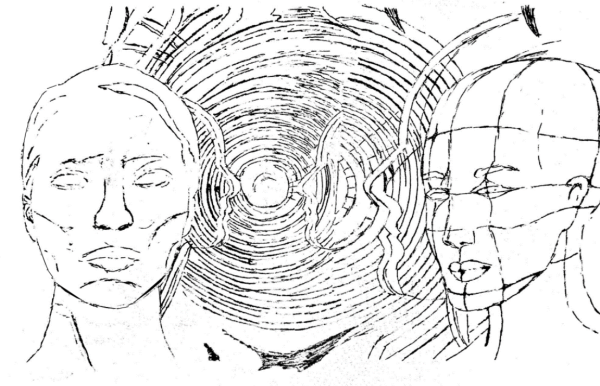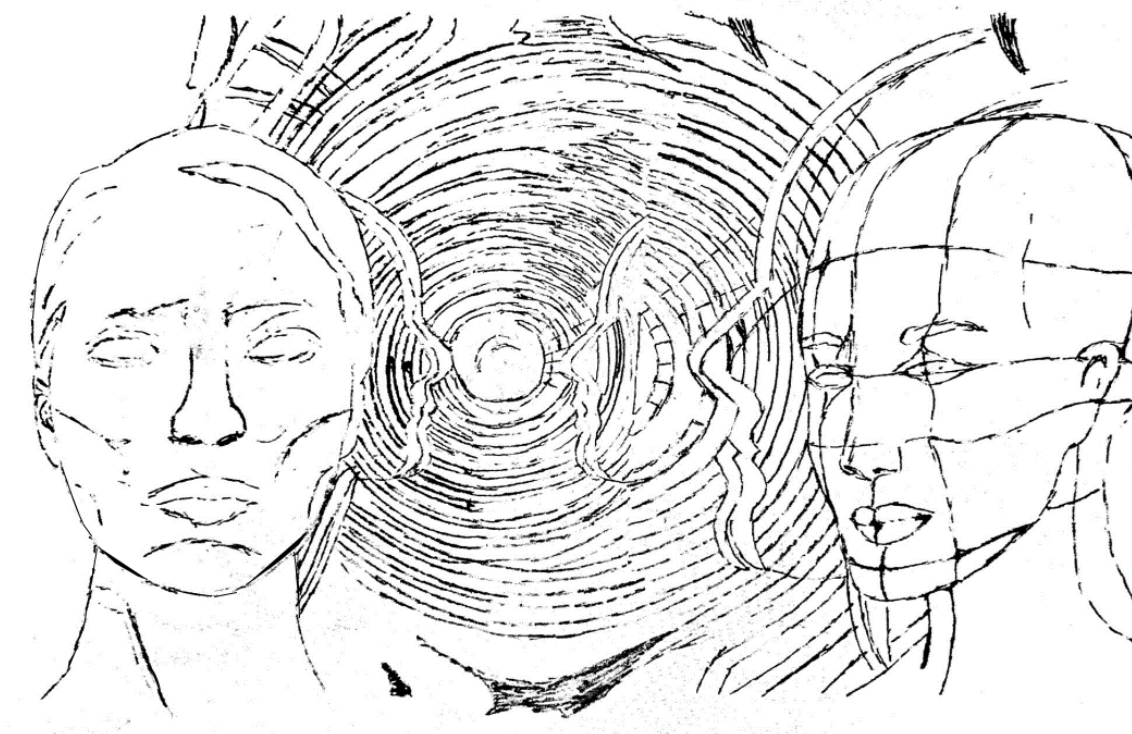Our natural, genetic traits combine with the environmental influences of nurture to collectively define and reveal our true selves. Still, the question arises about the balance between genetics and the environment in shaping a human’s behavior.
The aspects of nature and genetics show a huge amount of risk from the result of our family descent. Personality traits are moderately heritable and can predict lifelong outcomes.
According to the Maudsley Biomedical Research Center, individuals with a family history of depression face a doubled risk of experiencing depression, while those with parents who have schizophrenia are up to eight times more likely to develop schizophrenia.
Even for those who don’t inherit risk genes, genes can change after birth and contribute to mental illness through a process called “de novo genetic change.” The National Cancer Institute states that this change expresses an alteration in a gene’s DNA sequence that appears for the first time in a person and has not appeared in previous generations.
“Your genomes determine a lot about you, and some evidence suggests that how we deal with stressful situations and addictions has genetic ties,” Biology teacher Lolitha Otero said. “Our genes also play a strong role in determining if someone has a strong disease or disorder.”
However, genetics are not the only factor that influences our mental health. According to the Kentucky Counseling Center, the prevalence of anxiety, depression and other mental health issues is frequent in children raised by permissive, authoritarian or uninvolved parents.
The family history of mental health disorders turns out to be the second-strongest link to the development of such illnesses. Life events and experiences have remained the strongest links to mental illness.
According to Nature’s Molecular Psychiatry Science Journal, genetic factors can influence normal personality traits by 30-60 percent. Interactions between more than 700 genes had a greater influence on certain personality traits than cultural and environmental influences.
Speaking in generality, nurture brings out a “cause and effect” personality basis. For example, a child’s parent who encourages confidence, success, and independence is more likely to see their child as more self-reliant, while a parent who is very protective along with making decisions for that child can lead to them being more assertive and dependent on others.
Despite the different factors that contribute to how our personalities are affected, there is one field of study that contributes to both our nurture and nature aspects of ourselves as a whole. The National Library of Medicine states that epigenetics is a type of scientific field that studies how environmental factors can affect the way our genes function. Epigenetic changes are reversible and do not change your DNA sequence, but they can change how your body reads a DNA sequence.

“Your genetic code has a layer on top of it that shows how your genes are expressed or the epigenetics,” Otero said. “These tags that you acquire within your lifetime create new experiences during times of nurture and times of stress, which ultimately affect your genome.”
Mental illness can be triggered by the environment or what happens outside a person. Genetics only comes after nurture. In simple terms, it’s more of a nurture and nature thing rather than nature vs. nurture, as both play a role in the development of mental disorders.
While our genetic makeup establishes our basic characteristics, various life experiences mold us into our whole selves. Both genetic makeup and early experiences have a significant impact on our psychological health and personalities. These factors are linked with epigenetic modifications, which serve to define our true selves. Researchers continue to explore the intricate interplay between genetic predispositions and environmental influences in shaping individuals’ lives.






























